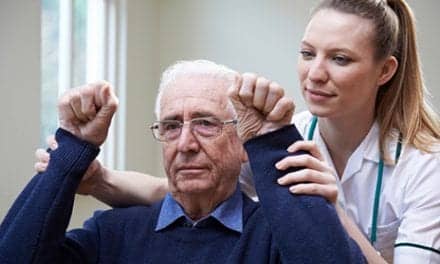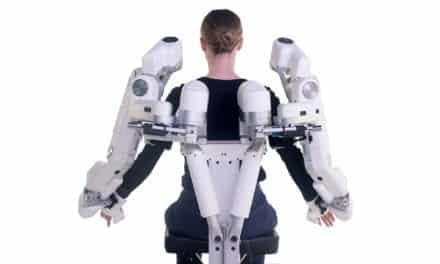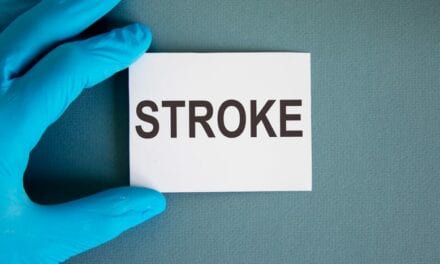The first Texas patient has been enrolled by researchers at The University of Texas Health Science Center at Houston (UTHealth) in a double-blind clinical trial studying the safety and efficacy of a stem cell therapy that can be given up to 19 days post-stroke.
The FDA-cleared Phase II study examines a regenerative therapy developed by Aldagen biopharmaceutical company that uses a patient’s own bone marrow stem cells. The therapy, called ALD-401, consists of stem cells that are identified using Aldagen’s proprietary technology to isolate cells that express high levels of an enzyme that serve as a marker of stem cells. Studies found that these cells enhance recovery after stroke in mice. The cells are administered into the carotid artery.
"This represents a new approach using stem cells for stroke," said Sean Savitz, MD, senior investigator for the multi-center study and associate professor of neurology at the UTHealth Medical School. "A major question in the field of stem cell research is whether we can extend the time window for administering stem cells. A longer window increases the number of patients that might be helped."
Savitz and his research team are studying other stem cell therapies for acute stroke, and these must be administered within a few days of the stroke. One of those, a safety and efficacy trial using a patient’s own bone marrow stem cells administered intravenously, is funded by the National Institutes of Health.
Savitz’ team is working to enroll patients at other area hospitals and facilities into the study, something that is possible because the cells can be administered up to 19 days after a stroke. The trial, funded by Aldagen, will enroll 100 patients with unilateral cortical ischemic strokes.
[Source: University of Texas Health Science Center via Medical News Today]




